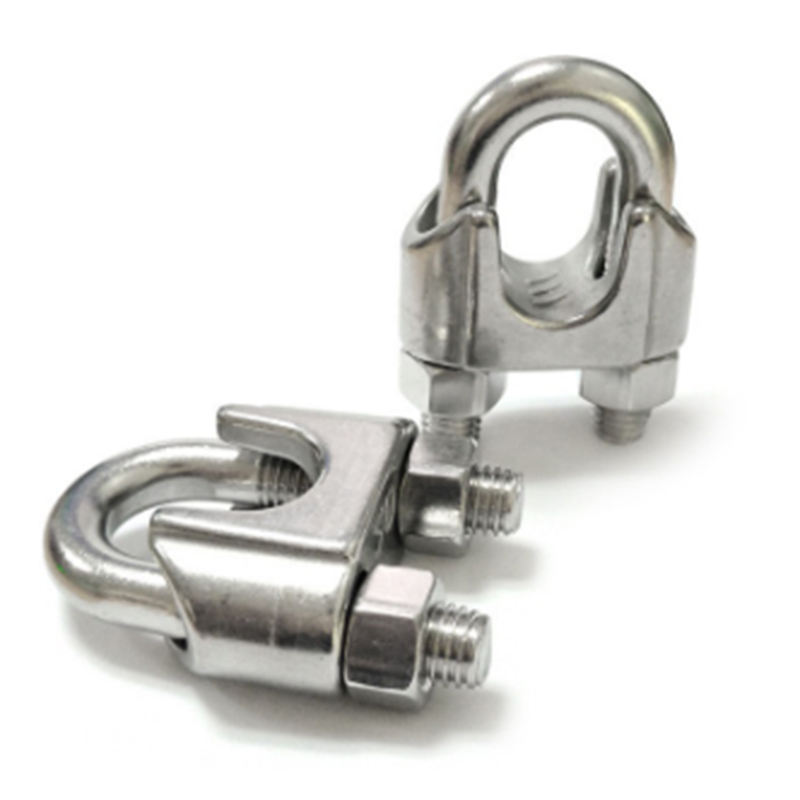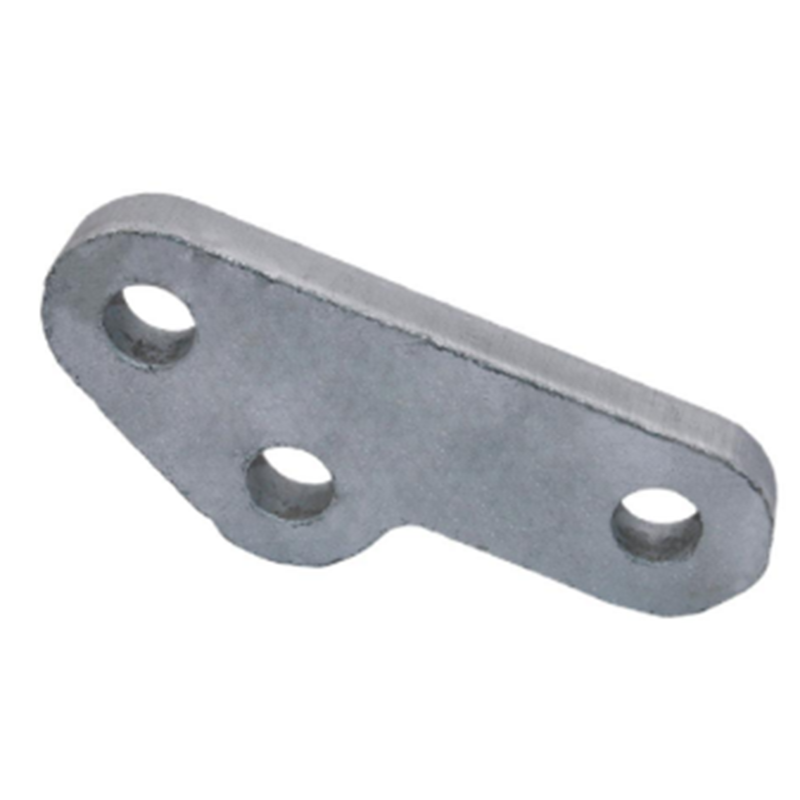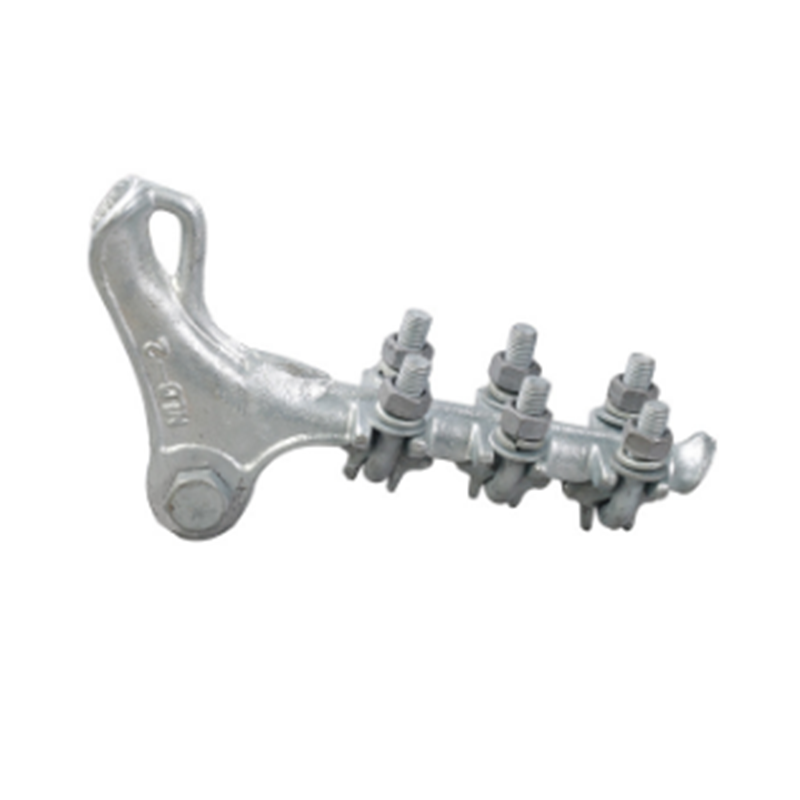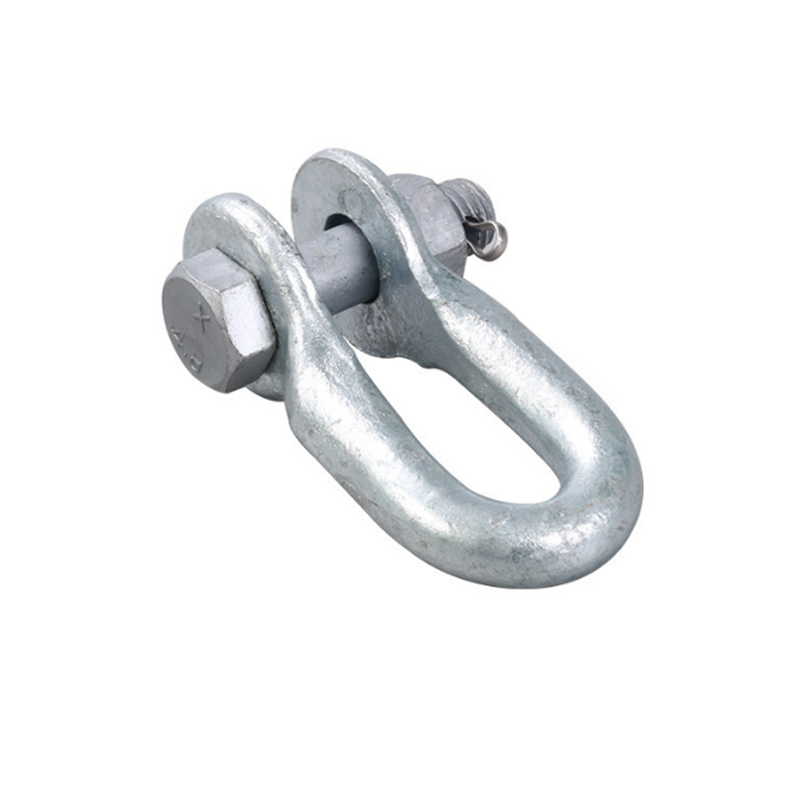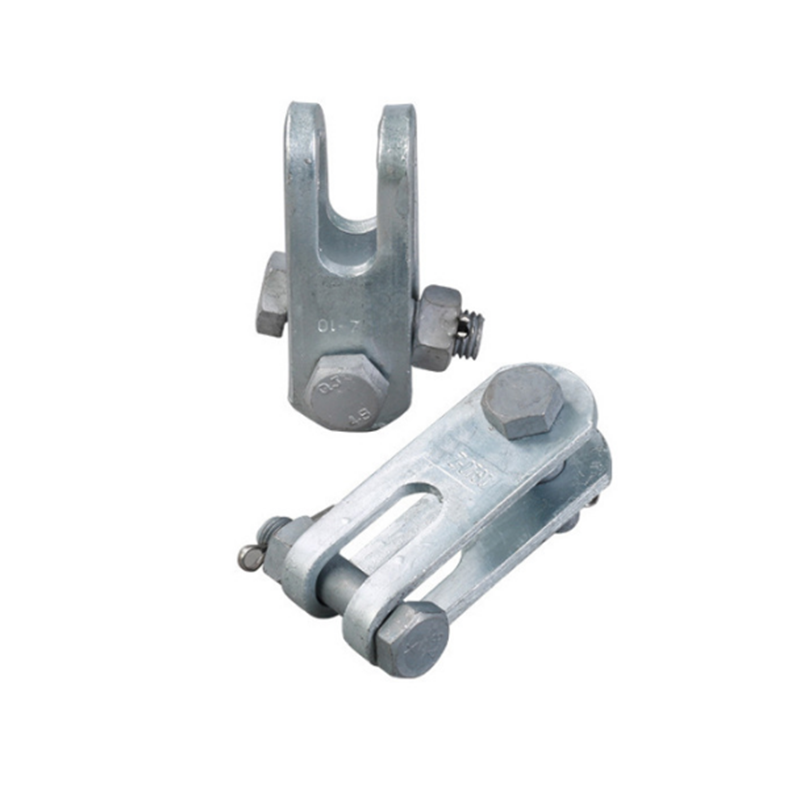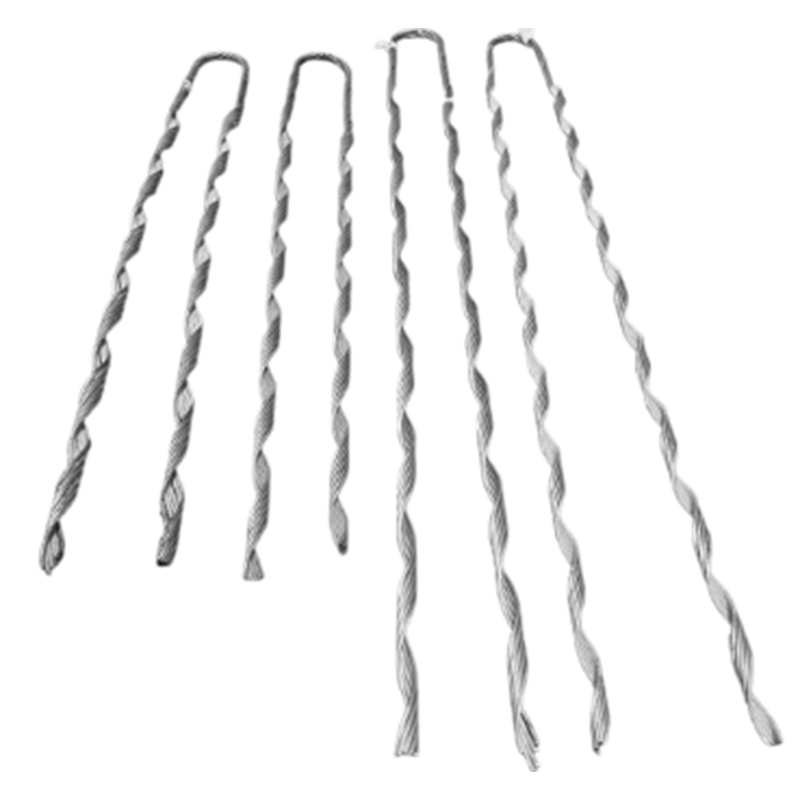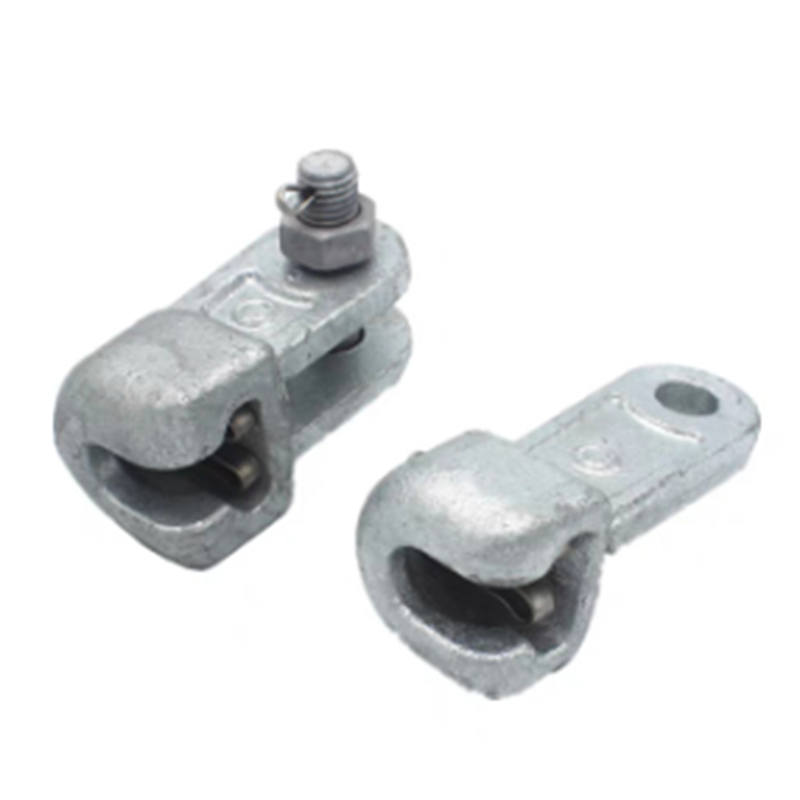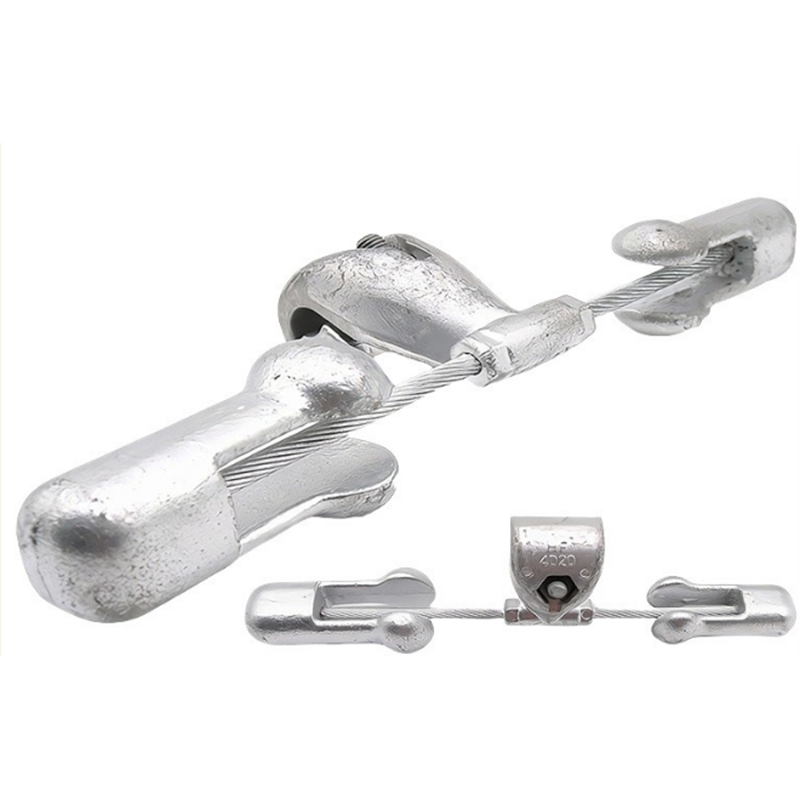- Chinese
- French
- German
- Portuguese
- Spanish
- Russian
- Japanese
- Korean
- Arabic
- Irish
- Greek
- Turkish
- Italian
- Danish
- Romanian
- Indonesian
- Czech
- Afrikaans
- Swedish
- Polish
- Basque
- Catalan
- Esperanto
- Hindi
- Lao
- Albanian
- Amharic
- Armenian
- Azerbaijani
- Belarusian
- Bengali
- Bosnian
- Bulgarian
- Cebuano
- Chichewa
- Corsican
- Croatian
- Dutch
- Estonian
- Filipino
- Finnish
- Frisian
- Galician
- Georgian
- Gujarati
- Haitian
- Hausa
- Hawaiian
- Hebrew
- Hmong
- Hungarian
- Icelandic
- Igbo
- Javanese
- Kannada
- Kazakh
- Khmer
- Kurdish
- Kyrgyz
- Latin
- Latvian
- Lithuanian
- Luxembou..
- Macedonian
- Malagasy
- Malay
- Malayalam
- Maltese
- Maori
- Marathi
- Mongolian
- Burmese
- Nepali
- Norwegian
- Pashto
- Persian
- Punjabi
- Serbian
- Sesotho
- Sinhala
- Slovak
- Slovenian
- Somali
- Samoan
- Scots Gaelic
- Shona
- Sindhi
- Sundanese
- Swahili
- Tajik
- Tamil
- Telugu
- Thai
- Ukrainian
- Urdu
- Uzbek
- Vietnamese
- Welsh
- Xhosa
- Yiddish
- Yoruba
- Zulu
- Kinyarwanda
- Tatar
- Oriya
- Turkmen
- Uyghur

Bolt and nut size
The Practicalities of Choosing the Right Bolt and Nut Size
Choosing the right bolt and nut size isn't just a matter of matching numbers on a chart. It's a critical part of assembling any structure, impacting its stability and longevity. Yet, surprisingly, misconceptions abound. In the real world, you've got to dig deeper.
Understanding the Basics
When it comes to fasteners, it isn't just about picking a bolt that looks like it should fit. The task demands a keen eye. Let's talk about thread pitch, diameter, and length. These are the trio that dictates fit and functionality. Misjudging one can cause substantial issues down the road.
I recall a project where mismatched threads nearly derailed assembly. You'd think, Who messes that up? but it happens more often than you’d believe. We matched metric to imperial by mistake—simple oversight, disastrous consequences.
For anyone working with fasteners, having the right tools is indispensable. Calipers and thread gauges—these are your best friends. Without them, you're shooting in the dark. At Shengfeng Hardware Fastener Factory, we emphasize this because every precision counts in professional settings.
Choosing Based on Material Interaction
Here's where it gets interesting: not all fasteners are created equal. Material compatibility matters—a lot. Whether you're dealing with metal, wood, or plastic, the material impacts the decision on the bolt and nut size.
I remember working on an aluminum structure and realizing halfway through that steel bolts were inducing corrosion. Rookie mistake. Learning to select the right material to avoid galvanic corrosion is crucial, especially in mixed-material assemblies.
Take some time to understand the environment your fasteners will endure. Humidity, temperature variations, and exposure to corrosive elements will test your picks. Going cheap now could mean costly repairs or replacements later.
Considering Strength and Load Tolerance
You can't talk about fasteners without mentioning load tolerance. It's the backbone of secure construction. Calculating the load a bolt and nut combination can bear is a skill every professional should hone.
Once, during an install with a high load demand, we rushed and underestimated the shear strength. I can still visualize the aftermath; when the structure gave way, our learnings were cemented forever. Torque specifications aren’t just numbers—they tell the story of safety and durability.
Shengfeng Hardware Fastener Factory, with its range of products, always stresses load testing. A fastener should endure more than just theoretical calculations; real-world scenarios can be unpredictable and demanding.
Handling On-site Adjustments
Even well-planned projects encounter mid-course adjustments. Construction sites are unpredictable, and so is life. Addressing those surprises requires flexibility in choosing bolt and nut sizes.
On a windy construction site, I learned that even a change in weather can demand an adjustment in how tightly a bolt needs securing. The knack is improvisation— having a variety of sizes on hand can save time and stress.
Real-world experience reiterates why a versatile inventory is practical. At Shengfeng, every project consults our comprehensive catalog to ensure no time is lost hunting for the right fit.
Concluding Insights on Bolt and Nut Choices
At the crossroads of theory and practice lies the successful application of fasteners. The more you engage in hands-on projects, the more these concepts evolve from abstract to second nature—an instinct.
Always continue learning. Engage with suppliers like Shengfeng Hardware Fastener Factory, who offer not just quality but insights into the latest industry standards and tools. They're more than just a contact on https://www.sxwasher.com—they're partners in ensuring your project's success.
The journey of choosing the right fastener is ongoing, a lesson in continuous improvement. Mistakes are markers, milestones if you will, on the path to becoming not just competent but proficient.
Соответствующая продукция
Соответствующая продукция





